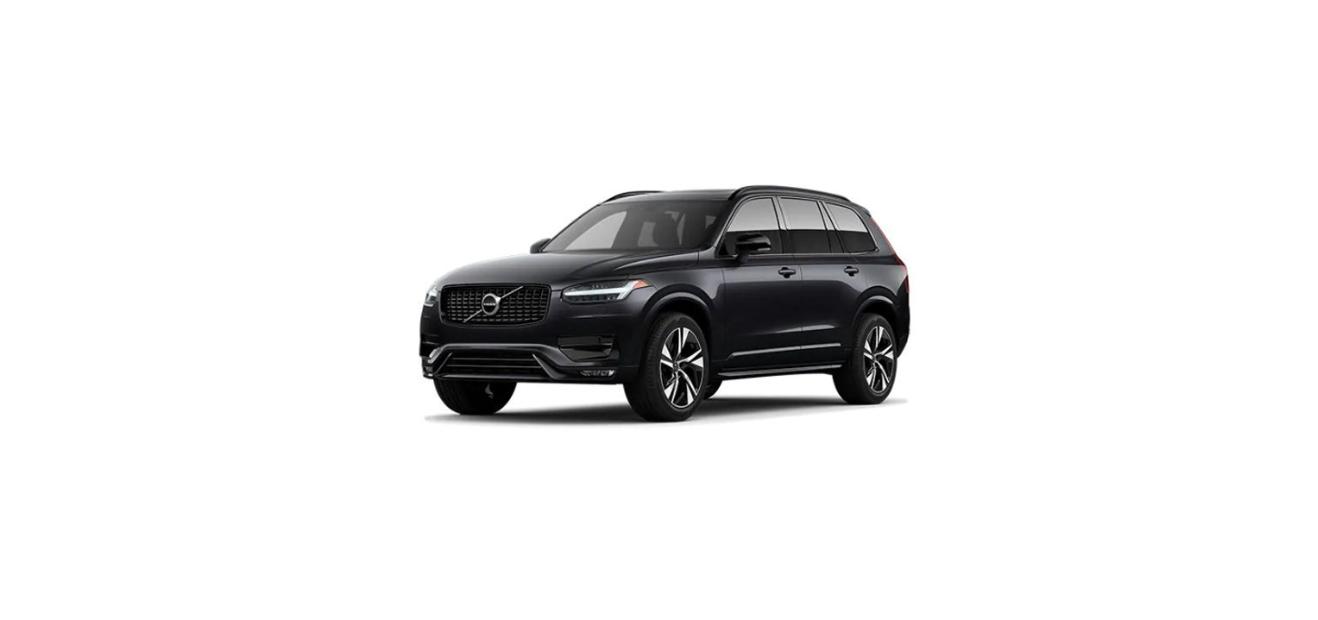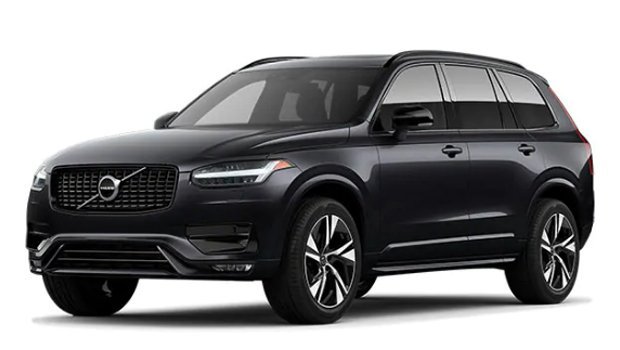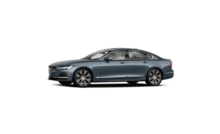- Use Volvo genuine snow chains or equivalent chains designed for the car model, and tyre and rim dimensions.
- Only single-sided snow chains are permitted.
- In the event of uncertainty about the show chain, Volvo recommends that an authorised Volvo workshop should be contacted.
- The wrong snow chains may cause serious damage to the car and lead to an accident.
- Using snow chains may result in a malfunction of the tyre pressure monitoring system.
- Always follow the mounting instructions from the manufacturer carefully. Fit the chains as tension as possible and tension them at regular intervals.
- Snow chains must only be used on the front wheels (also applies to all-wheel drive cars).
- In some cases, snow chains must NOT be used, such as if accessory, aftermarket or “special” tyres and wheels are fitted that have a different size to the original tyres and wheels. Sufficient distance must be maintained between the chains and brakes, suspension and body components.
- Check local regulations with regard to using snow chains before fitting them.
- Never exceed the chain manufacturer’s specified maximum speed. You must never exceed 50 km/h (30 mph) under any circumstances.
- Avoid bumps, holes or sharp turns when driving with snow chains.
- Avoid driving on bare ground as this wears out both the snow chains and tyres.
- Driving with snow chains may have a negative effect on the car’s driving characteristics. Avoid fast or sharp turns, as well as braking with locked wheels.
- Some types of chains that are firmly tensioned affect brake components and must therefore NOT be used.
- You can obtain more information on snow chains from a Volvo dealer.
Winter tyres
- Winter tyres are adapted for winter road conditions.
- Volvo recommends winter tyres specially developed for winter driving on all wheels if there is a risk of snow or ice.
- Tyre dimensions are dependent on engine variants.
- When driving on winter tyres, the correct type of tyres must be fitted to all four wheels.
Tips for changing to winter tyres
When summer and winter wheels are changed, mark which side of the car they were mounted on, for example, L for left and R for right.
Contact a Volvo dealer for advice on which rim and tyre type suit your car best.
Studded tyres
Studded winter tyres should be run in gently for 500-1000 km (300-600 miles), so the studs settle properly into the tyres. This gives the tyre, and especially the studs, a longer service life.
Tread depth
Road conditions with ice, slush and low temperatures place considerably higher demands on tyres than summer conditions. Volvo, therefore, recommends not driving on winter tyres that have a tread depth of less than 4 mm (0.15 inches).
Preparations for a long trip
Check that
- the engine is working normally and that fuel consumption is normal
- there are no leaks (fuel, oil or other fluid)
- braking effect on braking works as intended
- all lamps are working – adjust headlamp level if the car is heavily laden
- the tyres have sufficient tread depth and pressure. Change to winter tyres when driving to areas where there is a risk of snowy or icy road surfaces
- starter battery charging is good
- the wiper blades are in good condition
- a warning triangle and high-visibility vest are located in the car – legally required in certain countries
- It may also be advisable to make sure that the maps in the navigation system are updated and to check the regulations for loading and for travelling on a car ferry or train, if appropriate.
- Note that additional data roaming costs may be charged when the car is online abroad.
Winter driving
Check the following in particular before a cold season:
- The engine coolant must contain 50% glycol. This mixture protects the engine against frost down to approx. -35°C (-31°F). To avoid health risks, different types of glycol must not be mixed.
- The fuel tank must be kept filled to prevent condensation.
- Engine oil viscosity is important. Oils with lower viscosity (thinner oils) facilitate starting in cold weather and also reduce fuel consumption while the engine is cold.
- The condition of the starter battery and charge level must be inspected. Cold weather places great demands on the starter battery and its capacity is reduced by the cold.
- The condition of the battery and its charge level must be inspected. Cold weather places higher demands on the battery and its capacity is reduced by the cold.
- Use washer fluid with antifreeze to avoid ice forming in the washer fluid reservoir.
- See the separate section for engine oil recommendations.
Slippery driving conditions
To achieve optimum road-holding Volvo recommends using winter tyres on all wheels if there is a risk of snow or ice.
Note
- The use of winter tyres is a legal requirement in certain countries. Studded tyres are not permitted in all countries.
- Practise driving on slippery surfaces under controlled conditions to learn how the car reacts.




